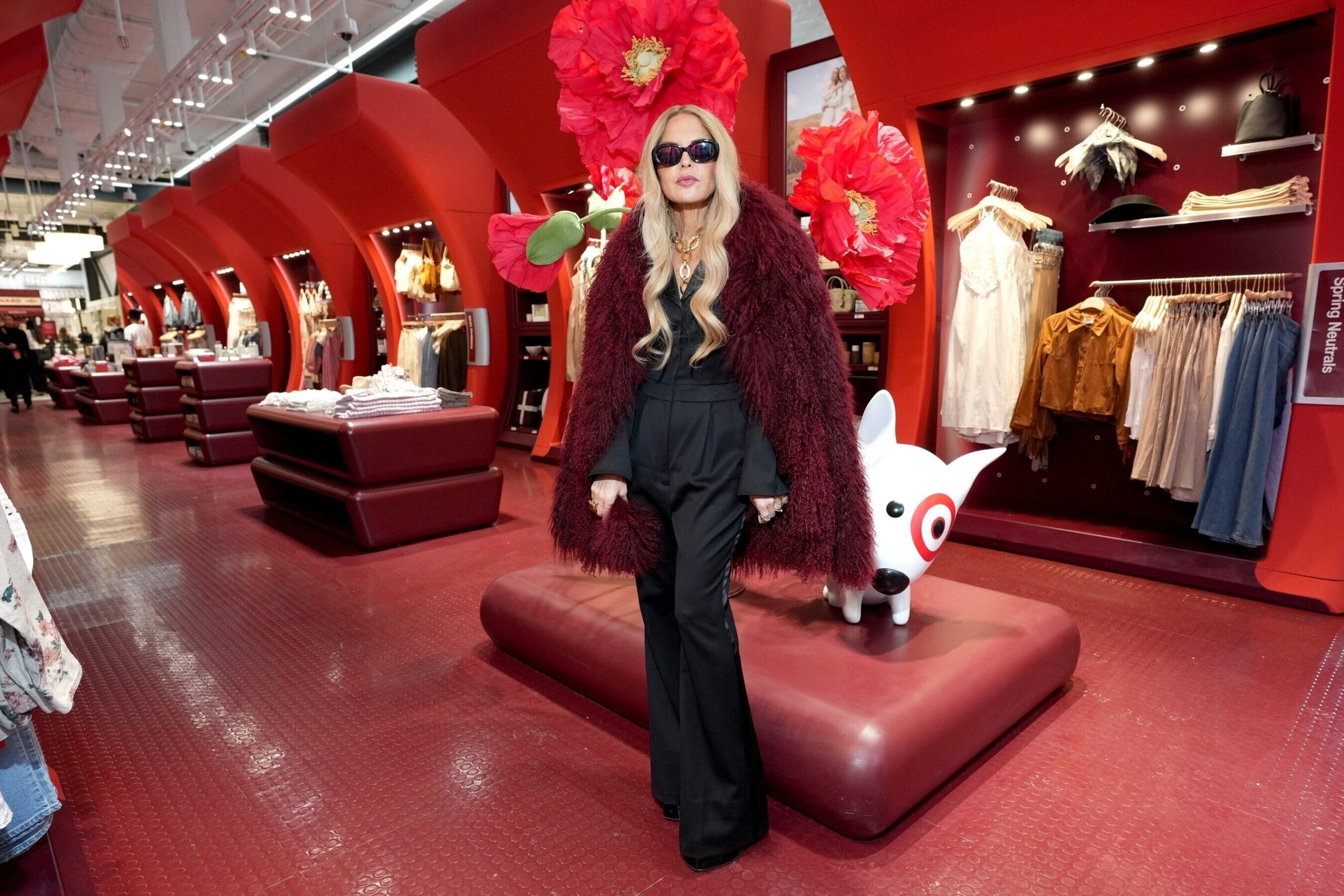Reju, a leading Paris-based textile-to-textile regeneration company, leveraged the global stage of Climate Week NYC 2025 to debut an innovative augmented reality (AR) initiative spotlighting the enormous scale and impact of worldwide textile waste. Launched on September 22, the campaign overlays towering virtual “mountains” of discarded textiles against the Empire State Building and Flatiron Building, bringing home the reality that over 92 million tons of textile waste are generated annually.
AR at Climate Week: Visualizing the Textile Crisis
Throughout Climate Week, New Yorkers encounter Reju’s QR code signage at major venues and public spaces. Scanning a code leads them to a microsite, where pointing a phone camera at either landmark activates an AR filter. As users swipe, they visualize how much textile waste is produced globally every second, minute, hour, and day—each represented as a massive pile dwarfing the New York skyline.
This approach delivers a “visceral sense of the industry’s impact,” making the waste both tangible and deeply shareable. Reju’s CEO, Patrik Frisk, explains: “Reju’s AR experience brings the invisible textile waste problem into sharp focus, right in the middle of New York City during a week when climate is top of mind. It’s a wake-up call, but also a glimpse of hope. This is the very waste Reju is designed to transform, turning discarded textiles into high-quality materials and closing the loop in fashion and beyond”.
Stats and Solutions: The Textile Waste Challenge
According to the Textile Exchange, the world discards about 92 million tons of textile waste per year, the vast majority incinerated or buried in landfills, making fashion one of the most resource- and waste-intensive industries. Only about 20% of global textile waste is reused or recycled, with less than 1% made into new clothing—a circularity gap that contributes to pollution and climate change.
Textile waste’s raw material value is estimated at over $150 billion per year, yet most is lost due to inadequate infrastructure and recycling options.
Reju’s Regenerative Tech and IBM Roots
Reju’s science-forward solution is based on regenerative technology originating at IBM Research. Its process recovers, regenerates, and recirculates end-of-life polyester textiles and PET waste into high-quality materials for fashion and beyond. The aim: a closed-loop, global textile circularity system that reduces landfill, slashes emissions, and preserves natural resources.
Owned by Technip Energies and IBM, Reju’s mission aligns with a growing ecosystem of brands, producers, and policymakers supporting circular fashion and the use of advanced chemistry for sustainable transformations.
Amplifying Change with Influencer and Public Engagement
Reju worked with influencer partners who demonstrated the AR filter on social platforms, encouraging the public to scan, participate, and share their own content using #RejuClimateWeek. This digital engagement brought the circularity message to a wider audience—including policymakers, sustainability advocates, and the general public browsing the city or following online.
Why It Matters: Closing the Loop
Reju’s AR activation is not merely art or education—it’s a call to action. Visitors can scan QR codes, visualize the colossal real-world impact, and learn about textile regeneration and how to support a truly circular fashion economy. The initiative highlights how advanced tech and storytelling can converge for climate impact, challenging fashion’s old wasteful paradigms in favor of resource recovery and continual material renewal.

















